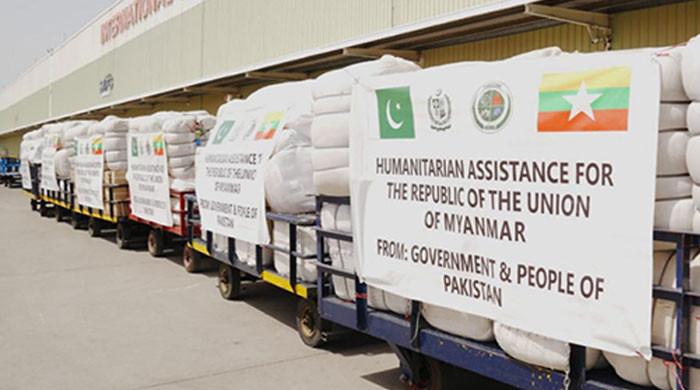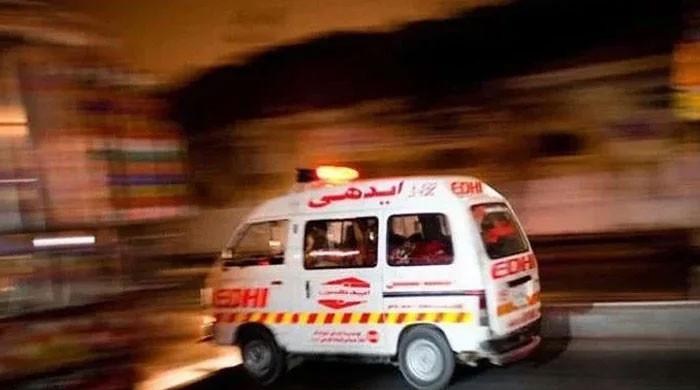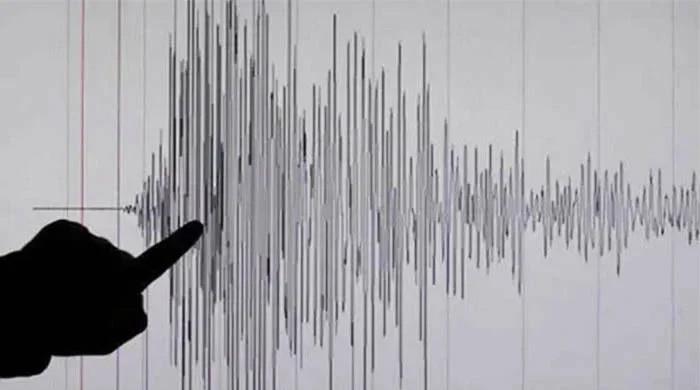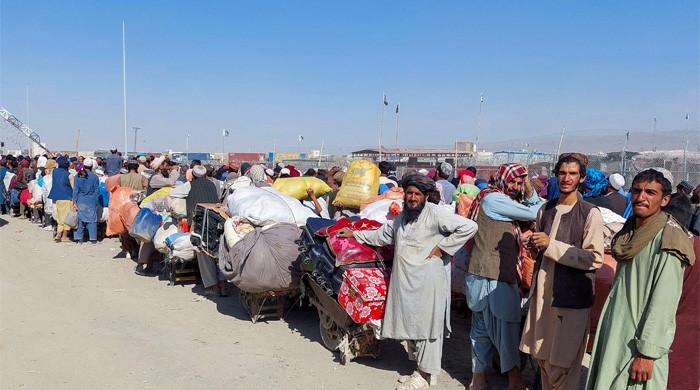Smog in Punjab capital ends outdoor play for schoolkids
Punjab School Education Department spokesperson says ban would last for three months until January 31
October 25, 2024
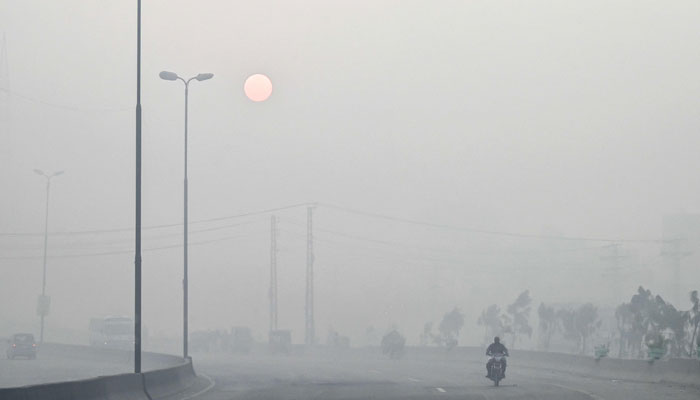
LAHORE: Schoolchildren in Pakistan's second-largest city of Lahore have been banned from outdoor exercise until January because of hazardous smog levels, officials said on Friday.
The eastern megacity near the border with India regularly registers among the world's most polluted cities, this week recording more than 20 times the level deemed safe by the World Health Organisation (WHO).
Smog is particularly bad in winter as a result of low-grade fuel from factories and vehicles in the low-lying megacity of 14mn, where denser cold air traps emissions at ground level.
Seasonal crop burn-off by farmers on the outskirts of Lahore is also a major contributing factor.
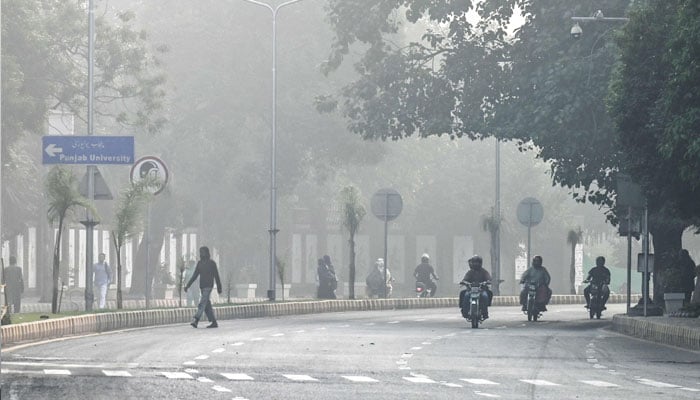
This week the Environmental Protection Agency of eastern Punjab province said that outdoor school activities in Lahore would end from Monday.
A Punjab School Education Department spokesperson told AFP on Friday the ban would last for three months until January 31.
School hours will also be cut in the morning to prevent children travelling when the pollution is most punishing.
Lessons will start no earlier than 8:45am (0345 GMT), cutting 15 minutes off learning hours for public schools and more than an hour for most private schools.
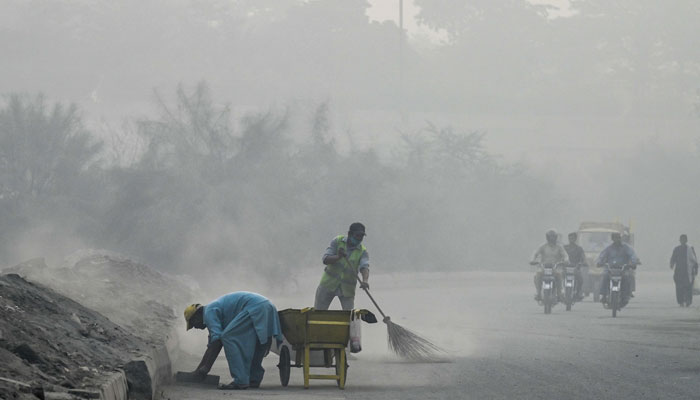
Breathing the toxic air has catastrophic health consequences, with WHO saying strokes, heart disease, lung cancer and respiratory diseases could be triggered due to prolonged exposure.
According to UNICEF nearly 600mn children in South Asia are exposed to high levels of air pollution.
Schools in Pakistan's most populous province of Punjab in particular are increasingly disrupted by extreme heat in the summer and choking smog in the winter.




